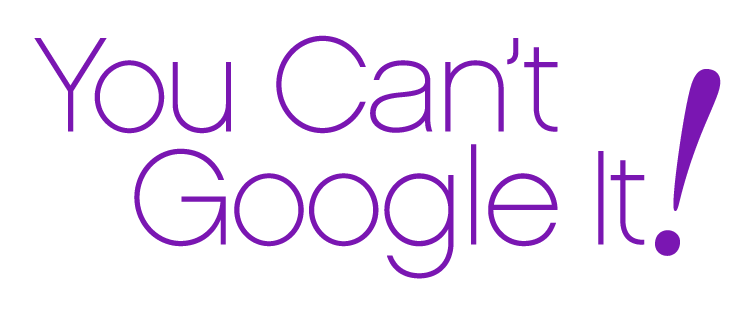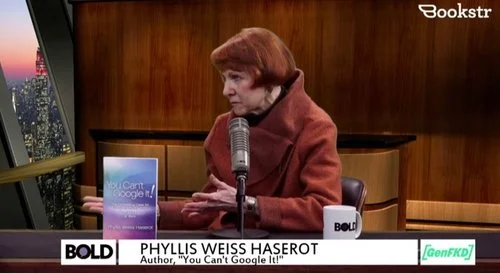Chasing Immortality? Create & Achieve Your #LegacyAtWork
/As I flesh out the Legacy-Makers @ Work Masterminds, perhaps it would be useful to articulate to you my own legacy at work vision as an example.
I have defined my work legacy vision as uniting all the generations at work: banishing the hype, misunderstandings and unnecessary disconnects among people of different generations, whether internal co-workers or external stakeholders (clients, customers, alumni, donors, alliance partners, etc.), sustaining a culture of GENgagement tm, that is, cross-generational harmony and collaboration.
A subset of this is another word I coined, “collaborageism” – a movement to band the various generations together to fight ageism against any age. It’s the only way that particular evil and economic mistake will be vanquished.
Back to the concept for your life’s work, why do people need a work legacy? We hear a lot about the desire for purpose, meaningful work, fulfillment, motivation, to be their best, confidence, relevance, achieve their ambition or passion, continuing to grow, and connection to other people. Having a work legacy is linked to all these things.
Whether they have worked 80 hour weeks or learned how to accomplish what’s needed in much shorter time, those who feel fulfilled and satisfied with what they achieved have pursued many of the above objectives.
More than 10 years ago, I worked with some law firm founders and senior leaders to convince them to provide for successors to rise and fill their shoes by creating a desirable next stage for themselves and not screw up what they built by resisting a role shift or staying in charge too long. I had them envision their work legacy through a series of questions and conversations, sometimes in small groups, sometimes solo, with coaching from me.
That was the seed of Legacy-Makers @ Work.
Then a few years ago I thought how much better to start on that journey of determination and planning in their prime, as early as age 40s. And better than in isolation, to have group support to spark ideas and provide accountability toward implementation.
I think the need to start early is clearer than ever with the disconnects and competition among the generations in the workplace today. The traditional “pay your dues” first, progression and hierarchy has been upset both by impatient and ambitious young generations and the boomers’ lack of desire to retire and let go of their power, client relationships and senior positions. In some industries, the workplace is dominated by Boomers and Millennials – and not just because Gen X is a smaller generation in numbers.
People in their 40s and early 50s (now often labeled Gen Xers), are experiencing both a generational phenomenon and a challenging lifecycle stage. It is likely to be a stressful, even frenetic time, especially if you are a caretaker for your youngish children and/or older parents as well as in a responsible, demanding position at work. And in general, Gen Xers were not raised and educated to be as vocal and self-expressive (and even rebellious) as Boomers and Millennials.
I ask everyone, and especially the Gen Xers, positioned by age and experience to be the next leaders if they aren’t already, to consider:
How do you picture yourself and your lasting contribution in 5-10 years?
Do you long to see your hard work channeled to develop something innovative or culture-changing and making a significant difference in the future of work?
Contact me at youcantgoogleit.com/contact or pwhaserot@pdcounsel.com if you’d like to know more about my #legacyatwork story, how I am fulfilling my legacy, and for a free checklist of what you need to do to be a legacy-maker.
Phyllis


